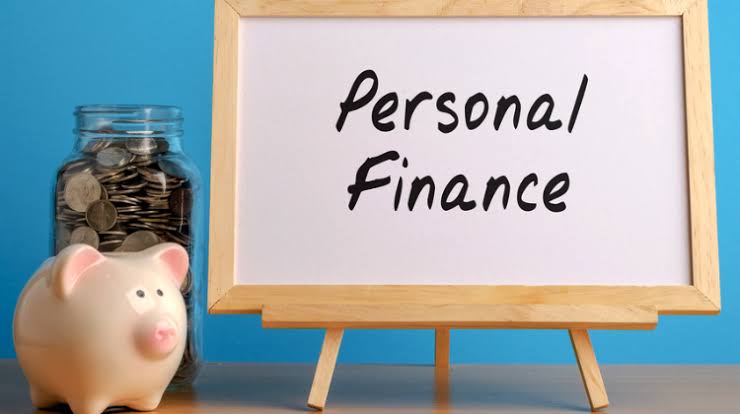Personal finance is a term that covers managing your money as well as saving and investing. It encompasses budgeting, banking, insurance, mortgages, investments, retirement planning, and tax and estate planning.
The bedrock of personal finance is income. Income streams determine the shape of your personal finance. If you have zero income then you cannot plan around anything but as you begin to earn, your personal finance begins to spread across our material needs, savings and investment.
Earnings: How much do you earn. While many people will agree that their income is barely enough to get them by. Alternative sources of income should be developed to help us avoid the shocks of uncertainties. Having this aspect of our personal income sorted out is key to having a meaningful personal financial life.
Budgeting and planning
In economics, income is broken down in to consumption or expenditures and savings. There has to be a conscious effort to set limits to what you spend on before your income flows in, that way you know what aspect of your needs gets what and how much of your income is saved and how much will be invested.
Failure to define this limit will lead to financial indiscipline as some people are impulsive spenders, buying almost everything in sight.
Threats to personal finance
Financial Indiscipline
Financial discipline is very important to personal finance as it will help you maintain your financial resources in a healthy way. For instance, a person who earns 300k monthly, develops an income distribution ratio 70:30 . 70 percent on expenditure and 30 percent savings would require financial discipline to ensure they see this commitment through.
A person who may have this predetermined income ratio and does not observe it may either not be earning as much and may have to review the structure of their financial resource allocation or the person lacks discipline to manage their financial resources.
Uncertainties: Uncertainties are unplanned events and in most cases, they are not good news and with all bad news you spend money you never intended, setting us back. It is advisable that where ever possible, we should have a rainy day plan in place. Some of the measures we can have in place are insurance, be it health, vehicle or property insurance . These provisions might seem a waste at first until we explore their benefits when uncertainty arises.
Tackling financial indiscipline
There are financial solutions that can be accessed through our devices to help us overcome financial discipline. Fintech tools like a piggy bank, holds your money, thereby restricting the owner’s access until a specific time in the future or investing in mutual funds.
This solution serves two purposes;
1. it helps to solve the issue of financial indiscipline.
2. helps you earn some interest after the maturity period.
Planning your personal finance
Some people may not be paying close attention to the details of their personal finances. Not know the implication of their financial actions. Personal finance is both our present and future as our financial actions will affect our future as well.
While you are in the best position to know your needs and how best to solve them, speaking to a friend who has expertise or a professional for advice on personal finance would help you develop the habit of planning your personal finance accordingly.













